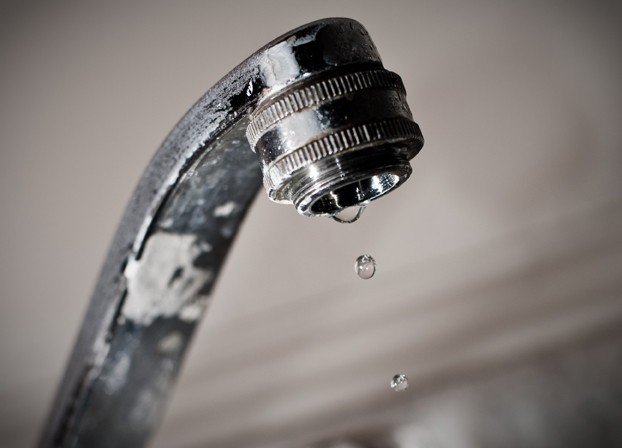Private public water
Questions raised about Winnipeg’s P3 utility plan
City Council recently passed a proposal for a public-private partnership (or P3) for Winnipeg’s water and waste department, which means the city will be striking a deal with the private sector to manage its water refineries.
Though the motion was passed on June 22, there are still plenty of questions being raised about the P3. Will the water utility be privatized, and what exactly will happen three years into this potentially 30-year deal?
Everything from the business plan to the city council meeting minutes maintains that the city will keep 100 per cent ownership, however it’s unclear how private enterprise can profit while the ownership remains public.
“It all depends on how you define ‘ownership,’” began councillor Jenny Gerbasi, who was opposed to the deal. “The city may well keep the title on the deed for the physical assets such as water plants and pipes. However having an unelected board set up a 30-year lease with a private company that will be running the operations, we have effectively lost public control to the private sector.”
Councillor Harry Lazarenko disagrees and accused the opposition of playing games.
“I criticized those who were spearheading a group of people to come here in wheelchairs and come here with their little babies and to come and say the water is going to be privatized,” said Lazarenko.
Councillor Lazarenko forwarded the motion that a public referendum be passed in order to keep the utility from being sold.
“We had the biggest concern that people had, [which] was that they do not want to privatize the city’s water utility,” Lazarenko said. “It is going to be 100 per cent city owned.”
A motion put forth by Lazarenko, which passed 12-4, prevents the sale of water utility assets without first being OK’d by Winnipeg voters in a referendum.
Despite the notion of a referendum safeguard, many still feel questions have been left unanswered.
“The city has not decided specifically on a company to take over. They have not been able to inform us if water rates will change; they likely will,” said Jazmin Villalta, University of Winnipeg Students’ Association (UWSA) environmental ethics director. “They have not been able to inform us what exact changes they are making and what the benefits are.”
One particular part of the business plan that has undergone public criticism is that water rates are ensured not to change for three years, but after that period the P3 will be reevaluated and nobody knows what will happen at that point.
“What we had to do was the first three years. We may have to make some changes,” Lazarenko said of the three-year landmark in the plan.
City council is currently prorogued until Sept. 7, at which time they will weigh contractors’ business proposals.
Published in Volume 63, Number 30 of The Uniter (August 13, 2009)







